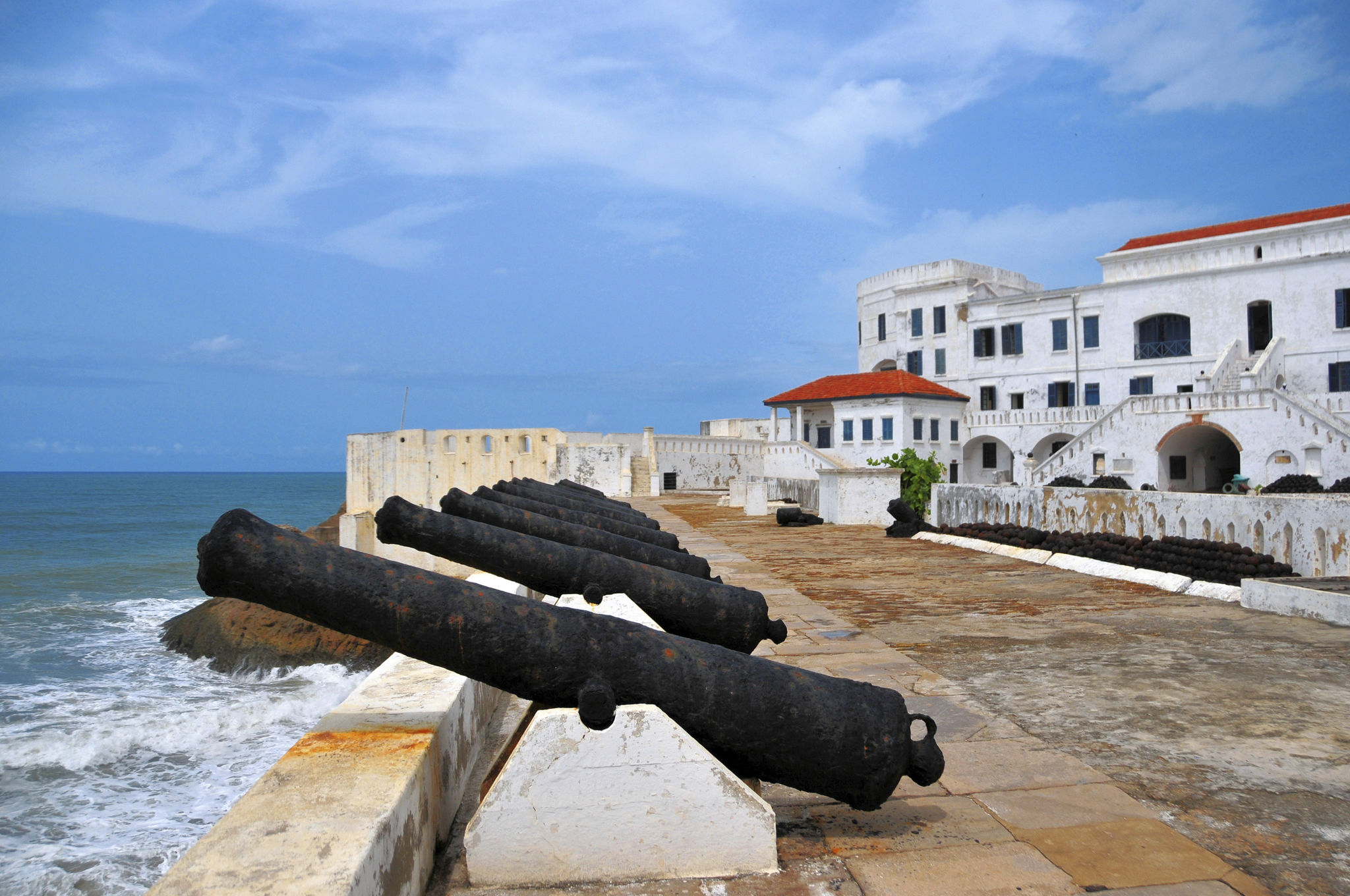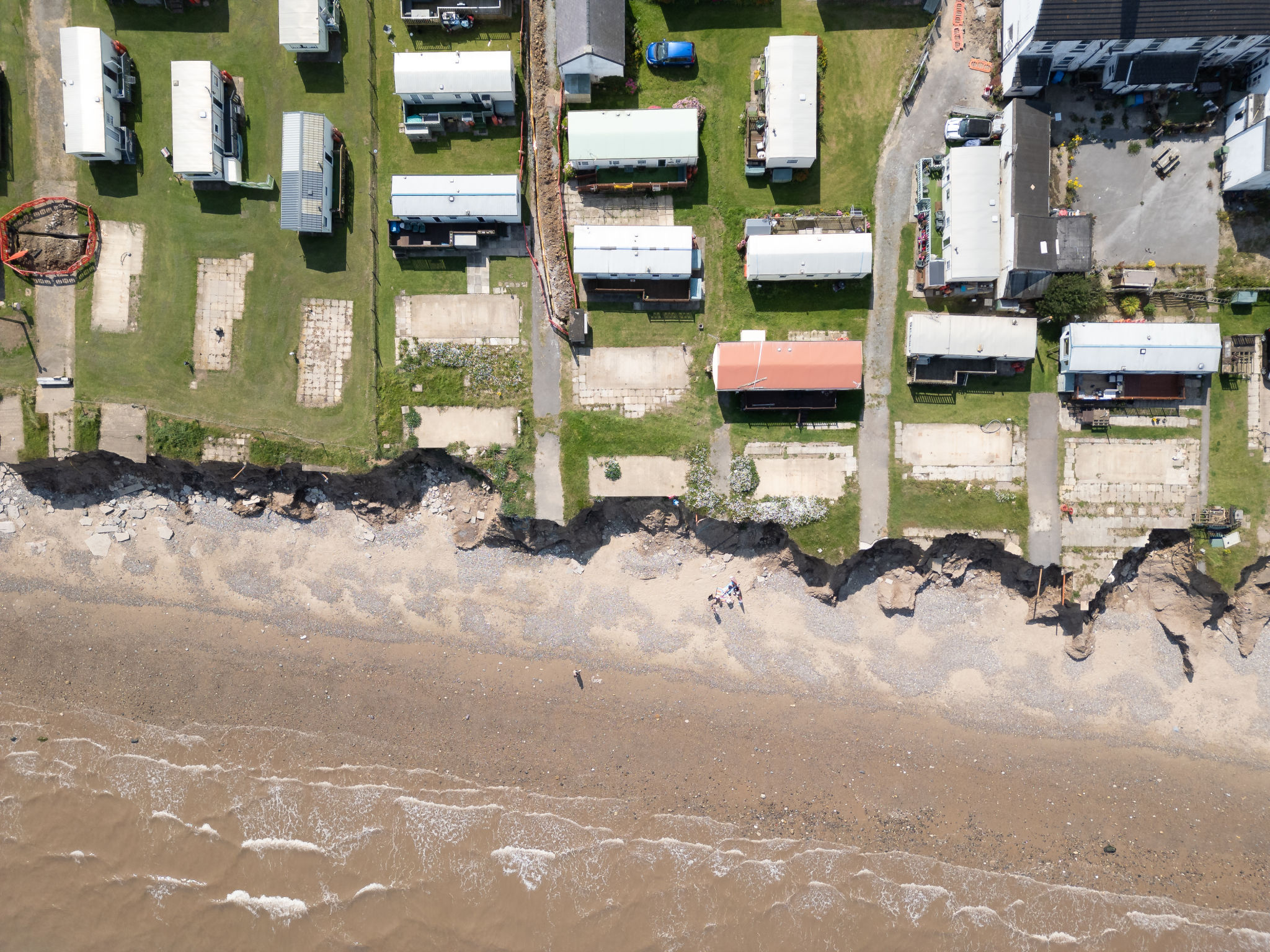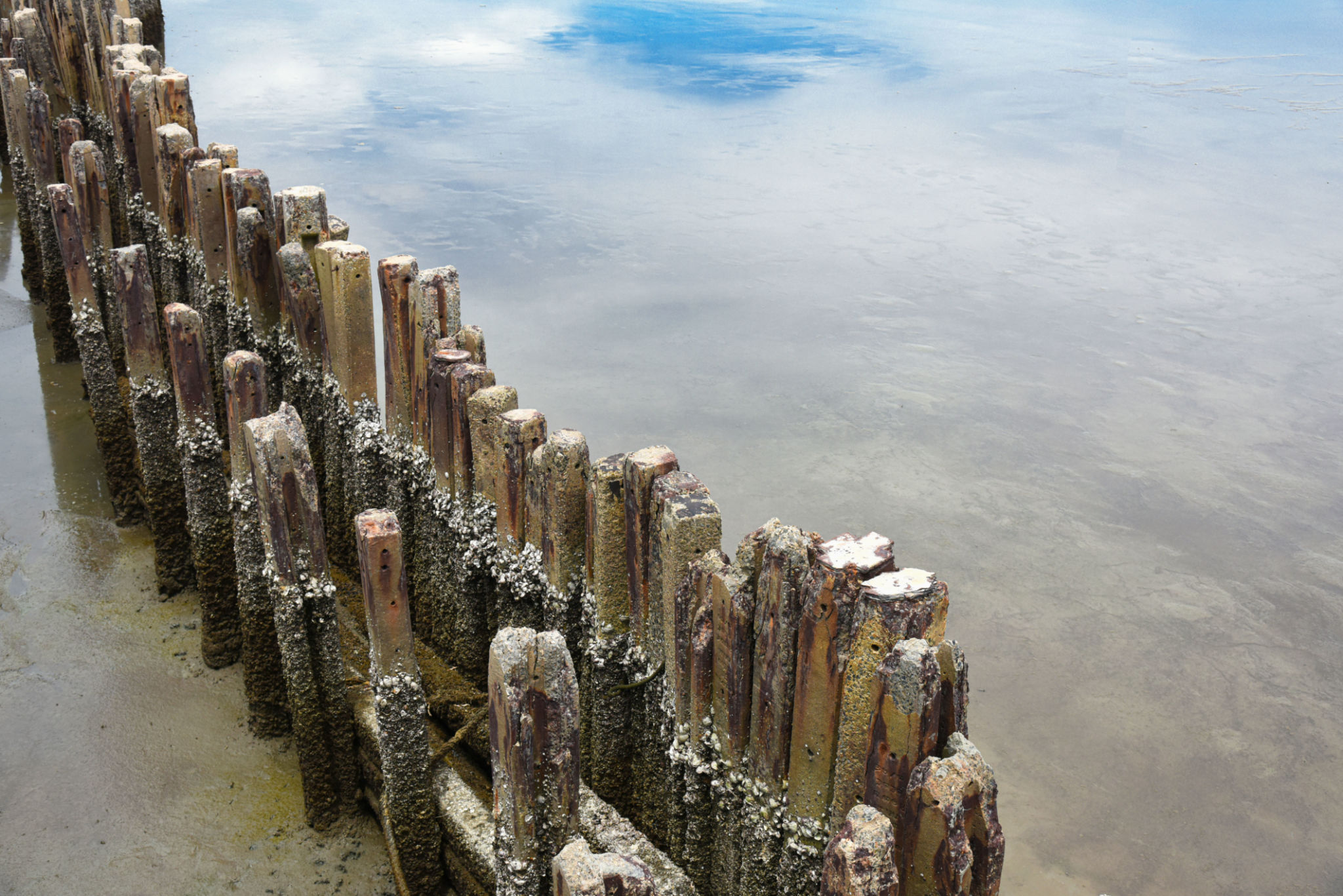Local Regulations and Policies for Coastal Protection in Ghana
Understanding Coastal Protection in Ghana
Ghana's coastline stretches along the Gulf of Guinea, presenting both opportunities and challenges. The country's coastal areas are vital for economic activities such as fishing, tourism, and trade. However, they are also vulnerable to environmental issues like erosion, flooding, and pollution. To address these challenges, local regulations and policies have been put in place to ensure sustainable coastal protection.

Key Regulations for Coastal Management
Several local regulations guide coastal protection efforts in Ghana. The Environmental Protection Agency (EPA) plays a pivotal role in implementing environmental policies. The EPA Act, 1994 (Act 490) mandates the agency to oversee environmental management, including coastal areas. Additionally, the Land Use and Spatial Planning Act, 2016 (Act 925) regulates land use to prevent uncontrolled development along the coast.
These regulations focus on minimizing human activities that contribute to coastal degradation. Stringent measures are enforced to control sand mining, a major cause of erosion. The Coastal Development Authority also works in tandem with other bodies to implement sustainable practices and promote awareness among local communities.
Policies Supporting Coastal Protection
Beyond regulations, Ghana has instituted policies to support coastal protection. The Integrated Coastal Zone Management (ICZM) policy promotes a holistic approach to managing coastal resources. This policy encourages collaboration between governmental bodies, private sectors, and local communities to balance development with environmental conservation.

The National Climate Change Policy also addresses coastal vulnerabilities by advocating for adaptation strategies. These include constructing sea defenses, restoring mangrove ecosystems, and promoting community-based management practices. Public participation is a critical component of these initiatives, empowering communities to take active roles in protecting their coastal environments.
Challenges in Implementation
Despite the existence of regulations and policies, Ghana faces challenges in their implementation. Resource constraints, limited technical expertise, and inadequate funding hinder effective enforcement. Additionally, overlapping mandates among governmental agencies can lead to coordination issues.
To overcome these challenges, there is a need for enhanced capacity-building programs and increased investment in coastal protection infrastructure. Strengthening institutional frameworks and fostering partnerships with international organizations can provide the necessary support for sustainable coastal management.

The Role of Local Communities
Local communities play a crucial role in the success of coastal protection efforts. Community engagement initiatives aim to educate residents about the importance of preserving coastal ecosystems. By involving local stakeholders in decision-making processes, policies are more likely to be effectively implemented and supported at the grassroots level.
Programs such as community-led beach clean-ups and mangrove restoration projects not only enhance environmental health but also boost local economies through eco-tourism activities. These initiatives foster a sense of ownership among community members, encouraging them to act as stewards of their natural resources.
Future Prospects and Opportunities
Looking ahead, Ghana has the opportunity to harness emerging technologies for coastal protection. The use of geographic information systems (GIS) and remote sensing can enhance monitoring and data collection efforts, enabling better-informed decision-making.
Moreover, embracing innovative solutions like green infrastructure and nature-based approaches can provide sustainable alternatives to traditional engineering methods. These strategies not only protect the coastline but also enhance biodiversity and create resilient ecosystems that can adapt to climate change impacts.
In conclusion, while challenges remain, Ghana's commitment to coastal protection through local regulations and policies is a positive step towards safeguarding its invaluable coastal resources. Continued collaboration among stakeholders and investment in sustainable practices will be key to ensuring the long-term health and prosperity of the nation's coastline.